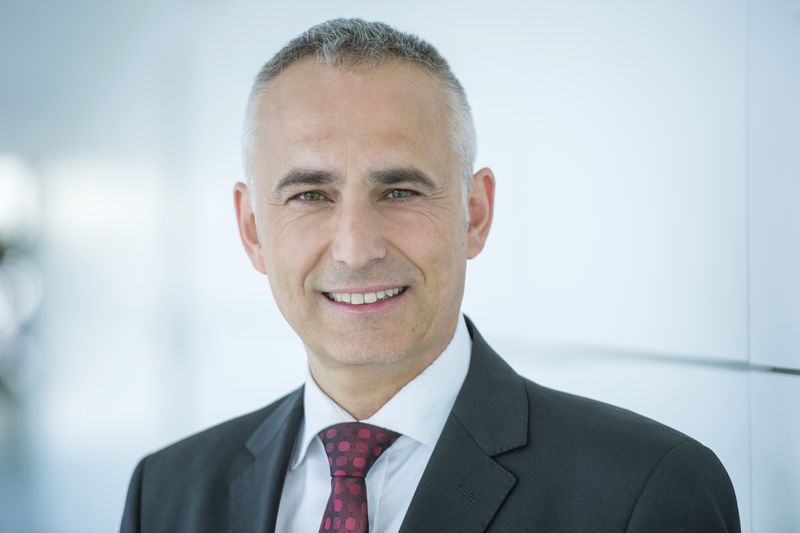You are the chair of the B20 Cross-thematic Group Responsible Business Conduct & Anti-Corruption. What does responsible business conduct mean from a company perspective?
Responsible Business Conduct is a holistic concept. It includes of course Anti-Bribery Com-pliance, but goes beyond. It is also about openness, honesty and standing by the responsi-bilities business has towards society. Having said this, no big organization - private or public – will ever be able to completely avoid misconduct or irresponsible behavior of individual employees. We are all part of society. But exactly in such situations responsible business conduct must be proven: To take up such incidents in a professional manner, to stop mis-conduct, remediate and strengthen preventive measures – even if these efforts become public. This is a question of culture and values. But we need stakeholders in governments, civil society and also media to support companies to act accordingly. Companies which are acting with transparency and rigor may become a target when it comes to media coverage and public opinion. This negative perception we need to stop and change together. I be-lieve the G20/B20 process is an ideal platform to address this topic.
Corruption heavily distorts and damages economic growth. What needs to be done to fight corruption globally?
We will not overcome the evil of corruption if we fight separately. For sure, companies need to take all necessary steps internally to prevent misconduct, but these efforts are not sufficient. We need integrity pacts within the private sector and with the public sector, for example when it comes to public procurement and infrastructure projects. We call these efforts “collective action”. We have good examples of collective action but we need to continue fostering these activities. We also need a better and permanent dialogue between business, government, civil society and media. We need to understand each other. The G20/B20 process is again a great way to foster this dialog. One good example is the ministerial declaration of the OECD Justice Ministers who met on March 16 this year. In this declaration, the OECD acknowledges the importance of a “private-public-partnership” in the fight against corruption and the need to incentivize compliance efforts of companies, including voluntary self-disclosure of detected misconduct. This is the way forward.
What are your expectations towards the German G20 Presidency?
I am sure that the German government will make every effort to make the G20 Presidency a success - and the same is true for Business in the B20 process. Germany with its strength in exportation has a huge interest to support fair market conditions globally - and also bears a responsibility to act accordingly given our economic power. According to the OECD Foreign Bribery Report, Germany is together with the USA leading in the enforcement of the OECD Convention against Corruption. This gives Germany a clear mandate to lead the G20 to the next level of the fight against corruption, which must be a joint one of the public and private sector.
In your view, what is the key to a successful German B20 Presidency?
It is all about implementation. We have seen a lot of declarations, and very good ones, in the course of the last years. We should now focus on a strong “B20 tone” to request implementation of these recommendations in national action plans and legislation, especially when it comes to incentivizing compliance efforts in the private sector and to care for transparency in ownership structures. Responsible business conduct could furthermore be fostered by way of responsible supply chain management and by rewarding collective action.

